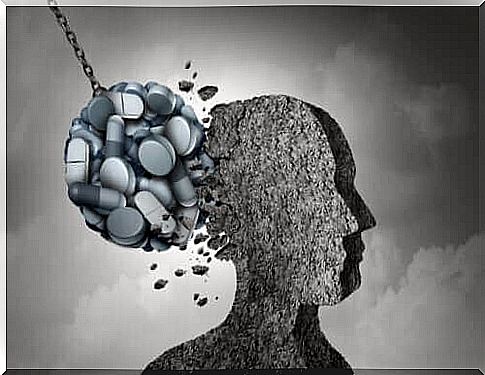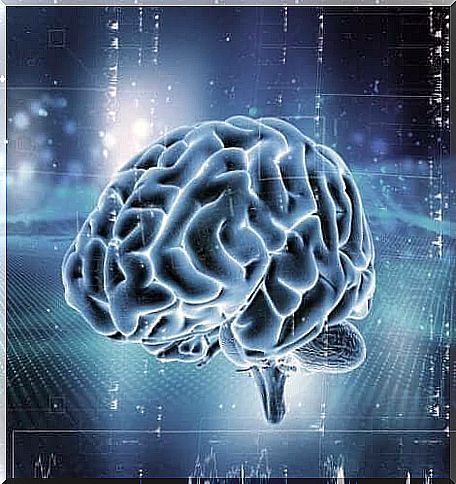Why Does Opioid Dependence Arise?

Opioid addiction became an epidemic in 1980 when people began to use these drugs recklessly. Keep in mind that addiction can affect both patients and healthcare workers. In this article, we will look at why opioid dependence arises.
Continued use of opioids can lead to addiction. The main feature of addiction is the strong and compulsive need to use a particular substance. Humans are no longer able to control the use of this substance despite its harmful effects. Opioid dependence is a chronic disease with recurrent falls. It often significantly increases the risk of death.
Prescribing opioids as a painkiller is always a dilemma related to the positive effects of those medications on pain relief relative to the negative effects – including addiction or overdose.
In addition, the risk of opioid dependence increases significantly when used for recreational purposes and without a doctor’s prescription. It does not matter whether a person uses the drug in overdoses or takes it by a route other than the recommended route of administration. This risk increases when these drugs are used with alcohol.
Interestingly, doctors prescribed opioids much more cautiously before the 1980s. However, articles about these drugs were published based on poor scientific evidence, claiming to be safe. It was this that contributed to the reckless use of the drug.
How opioid dependence arises

The use of opioids affects the dopaminergic system of the brain, which is responsible for regulating dopamine levels. Dopamine is a substance that is involved in many processes in the body. Repeated stimulation of this system can affect brain plasticity.
More specifically, the mesolimbic dopaminergic system is the one that primarily maintains addiction in the brain. Dopaminergic and noradrenergic systems are also involved.
Dopaminergic systems are responsible for the gradual generation of addictive behavior in our brain. In contrast, noradrenergic systems are responsible for the physical aspects of withdrawal syndrome that arise when trying to get rid of addiction.
Features of opioid dependence

Opioids produce both positive and negative effects. The positive effects are due to the well-being they produce and the rewarding of the brain. The negative effects, in turn, are the result of pain relief; not only physical but also mental pain due to stressful or traumatic events.
For this reason, people with mental disorders get a stronger reinforcing effect, and this makes them more prone to addiction. This is confirmed by some studies.
An estimated 90% of people with opioid dependence also suffer from some form of mental disorder, most often:
- From deep depression
- About alcoholism
- About antisocial personality disorder
- Anxiety disorders
The way opioids stimulate the brain’s reward system is the main reason why some people use this drug repeatedly. And this is especially true in the early stages of addiction. But over time, there will be an compulsive need to use opioids for more than just the pleasure they provide. This increased health is associated with tolerance and addiction.
As already mentioned, the risk of dependence also increases when the drug is used in a different way than prescribed, be it in higher doses or a more direct route of administration than orally. One way to abuse opioids is to take them along with other drugs or alcohol. All of these substances interact synergistically, increasing the risk of overdose.
Summary
Opioid dependence is closely related to repeated activation of the dopaminergic system of the brain.
It is very important to educate doctors about the rational use of these drugs. In addition, anti-drug campaigns are important to prevent such problems.









